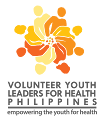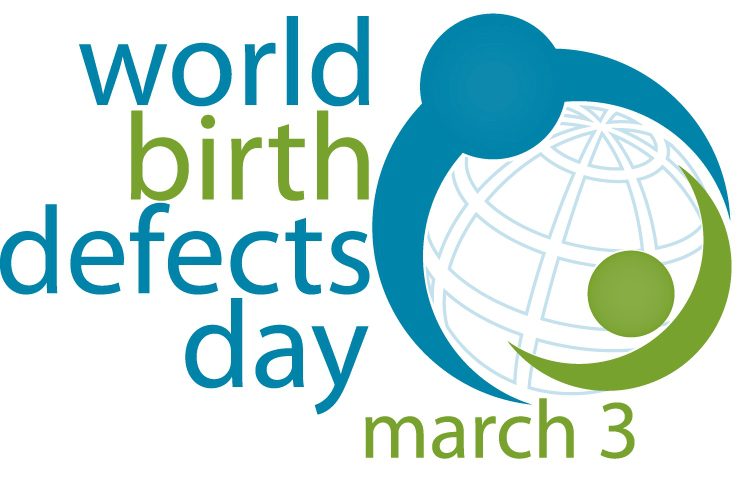UPM Chancellor Padilla to receive Global Genes Rare Champion of Hope award
Global Genes, one of the leading rare disease patient advocacy organizations in the world has selected Dr. Carmencita Padilla as one of the 2016 Rare Champions of Hope. Dr. Padilla will receive a “Rare Champion of Hope” recognition under the Medical care and Treatment -International category.
As published on the Global Genes website, Dr. Carmencita Padilla, the current Chancellor of the University of the Philippines Manila was recognized for her “remarkable contribution to the rare disease community [which] has made her a beacon of hope for many in the Philippines. She is instrumental in creating genetic services at the Philippine General Hospital, which later became the Institute of Human Genetics of the National Institutes of Health-UP Manila. She introduced newborn screening for optimal health in the Philippines and is responsible for the Newborn Screening Act of 2004. Dr. Padilla is also Founding Chairman of the Philippine Society for Orphan Disorder and is again instrumental in the passage of the Rare Disease Act of the Philippines enacted March 2016, after 7 years of deliberating with 3 congresses. Her innovations are influential in providing all aspects of support and awareness about rare disease in the country and beyond." [1]
LGU, DOH Region III gear up Nampicuan youth for community health promotion
NAMPICUAN, NUEVA ECIJA – The Local Government Unit (LGU) of the Municipality of Nampicuan through its Municipal Health Officer (MHO), Dr. Ron Allan Quimado in cooperation with The UPLB Genetics Society (GeneSoc) and Volunteer Youth Leaders for Health (VYLH) – Philippines established a community-based youth organization in a three-day training camp held last June 7-9, 2016.
A total of 16 youth participants joined the K4Health training program sponsored by the Department of Health –Central Luzon Regional Office (DOH Regional Office III), Newborn Screening Center – Central Luzon (NSC-CL), Institute of Human Genetics (IHG) – NIH, UP Manila, and alumni members of GeneSoc. Preparatory training activities for facilitators were also made possible through UPLB Ugnayan ng Pahinungod and VYLH-Philippines.
The program title, K4Health (Kabataan for Health), strongly underscores the role of the youth in nation-building and their mobilization towards health promotion. The four “Ks” also mean “Kabataang Kabalikat ng Komunidad para sa Kalusugan” highlighting the need for the youth to effect change in their community.
The training program, which is actually a pioneering joint project of VYLH-Philippines and GeneSoc in establishing a community-based VYLH Chapter, aimed to organize and mobilize the youth of Nampicuan towards birth defects prevention and newborn screening promotion.
Filling the Gaps on Folic acid Insufficiency: Legislation, Implementation, and Intervention
PRESS RELEASE
NAST-DOST*
The National Academy of Science and Technology, Philippines (NAST PHL) gathered stakeholders from the health and nutrition sector, representatives from the legislative body and other concerned government agencies, the academe, the private sector, and the pharmaceutical industry on June 28 at Hotel Jen Manila for a Science Legislative Forum (SLF) on Folic Acid.
Resource persons, speakers and guests of the SLF on Folic Acid. (Photo: NAST-PHL @NASTPHL)
|
The objectives of the SLF were to review the global and Philippine burden of neural tube defects; review the burden of folic acid deficiency and insufficiency in the Philippines; review evidence for, impacts of, and safety of increasing folic acid intake; review experiences in increasing folic acid intake globally and in the Philippines; to orient the various stakeholders on the proposed legislations on folic acid supplementation and fortification; and discuss the role of government agencies, the academe, and the private sector.
The participants of the legislative forum were welcomed by Academician (Acd.) Fabian M. Dayrit, acting president of NAST PHL. One of the mandates of NAST PHL is to serve as an adviser to the government and the scientific community on policy formulation. Through the initiatives of Acd. Carmencita D. Padilla, member of the Health Sciences Division (HSD) of NAST PHL and focal person of the SLF on Folic Acid, the Rare Disease Act or the Republic Act No. 10747 was signed into law by President Benigno Aquino III. Its stakeholders can be traced from a successful legislative forum that captured cohesive inputs for the advocacy of the said act.
As there no are existing folic acid fortification efforts in the Philippines and supplementation efforts have achieved low coverage, there is a need to put a comprehensive policy in place not only to increase the awareness and knowledge on how folic acid can prevent NTDs but also to improve the maternal health of every Filipino mother and woman of child-bearing age; hence the conduct of a legislative forum for folic acid fortification and supplementation, Acd. Dayrit stressed.
Folate is a B-vitamin that plays a significant role in preventing birth defects particularly of the baby’s brain and spine, which are collectively known as neural tube defects (NTDs). Folic acid is the synthetic form of folate that occurs in fortification and supplementation.




















